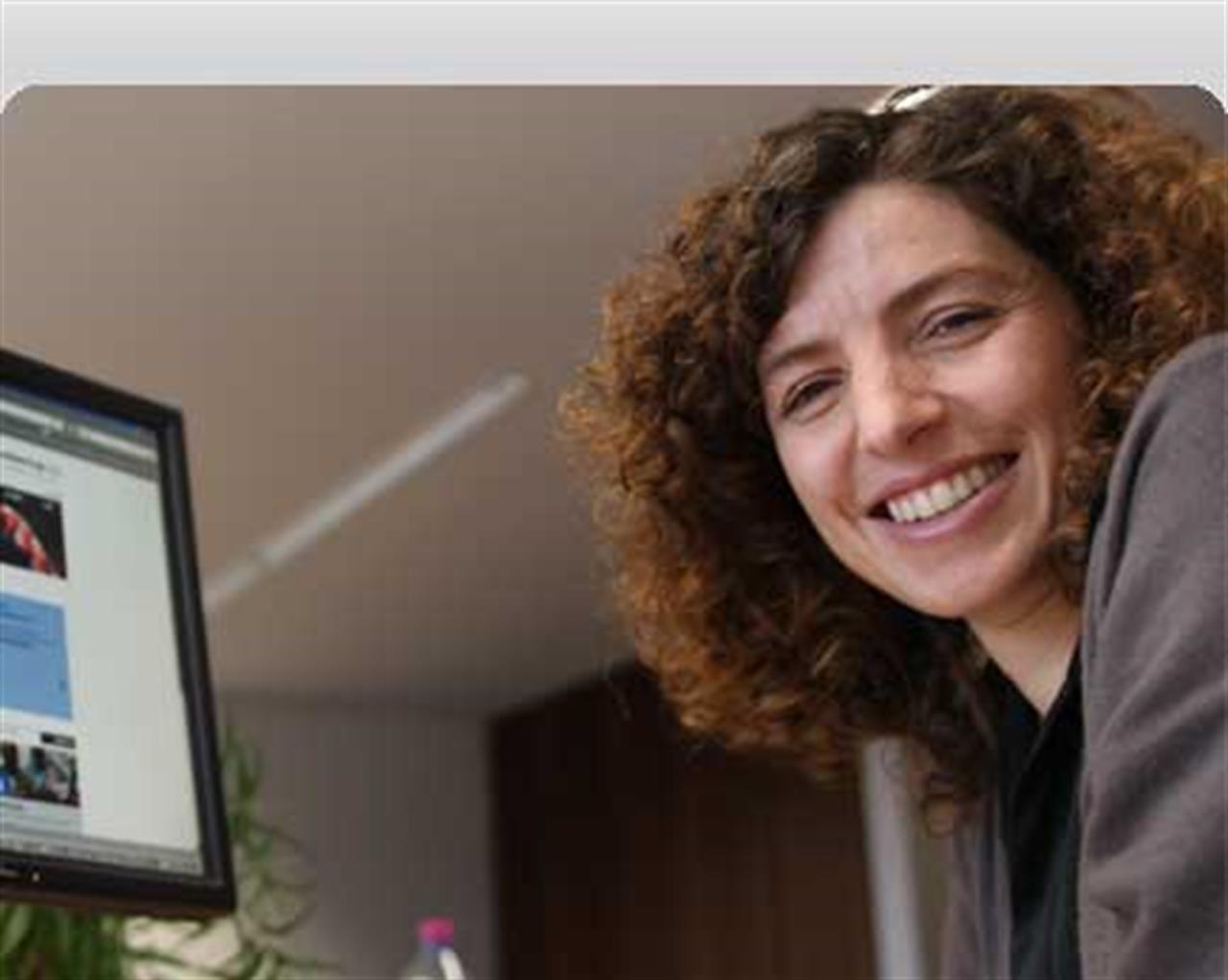Politica
Elise Bouvet: UN online volunteering program specialist
December 5 is international volunteer day and an opportunity to take a look at what innovation is happing in the sector.
di Staff

Simplicity, diversity and flexibility. According to UN Volunteers online volunteering specialist Elise Bouvet, these are the three ingredients that make online volunteering an unparalleled opportunity for every one to take action and engage with non profit causes.
Last year the UNV’s online volunteering website saw 3 thousand people becoming online volunteers and carrying out more than 4 thousand assignments – from translations to IT support, from graphic design to raising funds, there is practically no limit to tasks that volunteers can carry out from the comfort of their computers.
The only requirement? An internet connection and the desire to contribute to peace and development. And the identikit of online volunteers? “Female (62% are women), young (the average age is 31) and from a developing country (46% are from the world’s south),” says Elise Bouvet, 37, an online volunteering specialist who has worked on the UNV’s program since 2005. With a Masters in development and cooperation, political sciences and public law and 12 years experience working in development with the UNV, UNDP, UNICEF and the French Ministry of Foreign Affairs she is not new to the challenges faced by volunteering programs. Bouvet also highlights how the diversity volunteerism is one of the key values supported by the UNV: “Our volunteers range from students looking to gain experience to senior professionals or retirees from the private sector who wish to share their expertise with development workers to the representatives of civil society organizations helping grass-roots organizations to build their capacities”.
Why should people volunteer online?
Because it is so simple, diverse and flexible, that everybody has an opportunity to take action for peace and development.
Has it been hard to convince organisations of the merits of online volunteering?
Organizations have embraced online volunteering very quickly, especially development organizations from developing countries, because they immediately saw the potential of accessing an infinite global pool of expertise. There has been an accelerated growth since 2005. In 2007, there was a 30% increase in the opportunities offered by organizations and in the number of online volunteers engaged in activities.
Do you think online volunteering will ever substitute “real” volunteering?
Online Volunteering will not substitute on-site volunteering simply because on-site and online volunteering are complementary: some volunteering tasks will always require the physical presence of volunteers while others can be done online as well. Online volunteering allows organizations to access expertise that may not be available locally, develop their capacities by sharing experiences and knowledge with other regions in the world, and extending their networks.
Online Volunteering offers a great degree of flexibility: there is no travel involved and people can volunteer the hours that fit their schedule. For some, it is sometimes the only way to volunteer their skills and expertise; for others, it opens up additional opportunities to engage as volunteers. They may volunteer in their local community and at the same time support, for example, an NGO in Afghanistan.
Can you demonstrate the effectiveness of online volunteering?
UNV closely monitors the satisfaction of organizations and online volunteers regarding their online collaboration and results. In 2007, more than 80% of organizations and online volunteers rated their overall satisfaction as good or excellent.
How did you come to work on the online volunteering project?
I was very interested by this innovative initiative when it was a pilot scheme. The UNV Online Volunteering service is the most inclusive volunteering tool available as it offers an opportunity for everybody everywhere to contribute to peace and development, and also gives development organizations access to a global pool of skills and experience.
Find out more: www.onlinevolunteering.org
Nessuno ti regala niente, noi sì
Hai letto questo articolo liberamente, senza essere bloccato dopo le prime righe. Ti è piaciuto? L’hai trovato interessante e utile? Gli articoli online di VITA sono in larga parte accessibili gratuitamente. Ci teniamo sia così per sempre, perché l’informazione è un diritto di tutti. E possiamo farlo grazie al supporto di chi si abbona.
